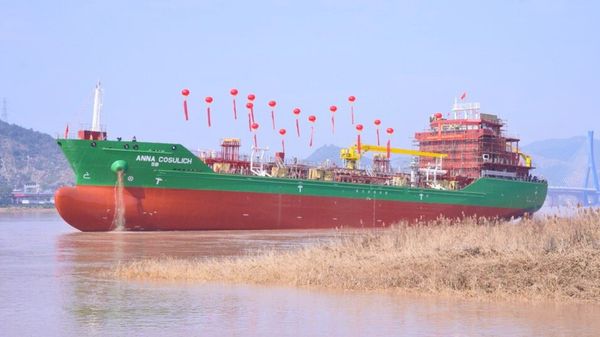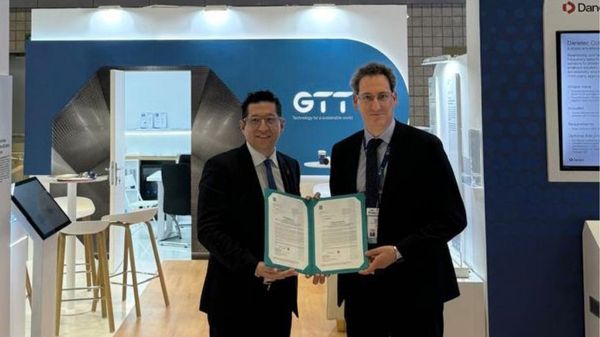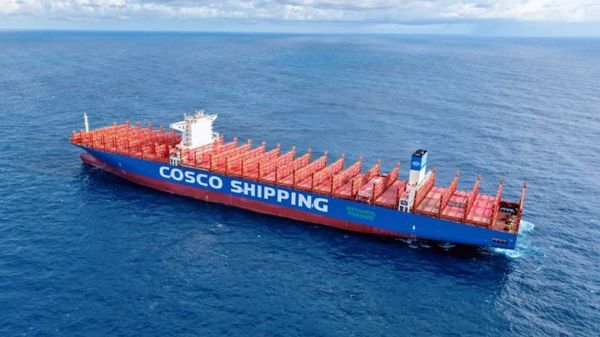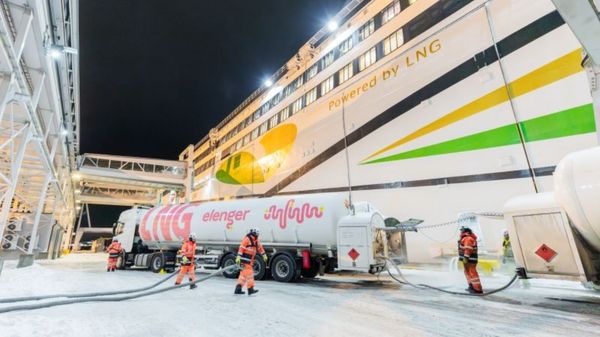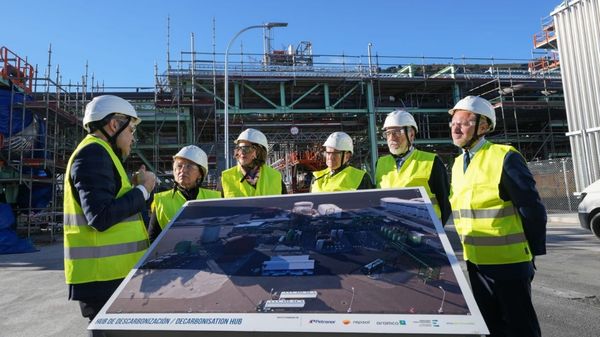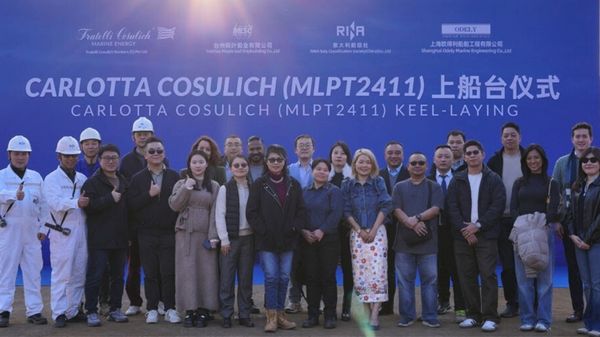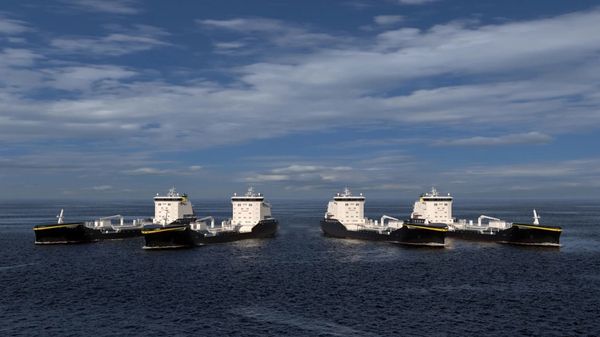Please find below the official statement by the Conference of the Parties (COP) to the United Nations Framework Convention on Climate Change (UNFCCC) regarding the COP17 meeting held in Durban between November 28th and December 9th 2011.
Official Statement - Source: Conference of the Parties (COP) to the United Nations Framework Convention on Climate Change (UNFCCC).
Countries meeting in Durban, South Africa, have delivered a breakthrough on the future of the international community's response to climate change, whilst recognizing the urgent need to raise their collective level of ambition to reduce greenhouse gas emissions to keep the average global temperature rise below two degrees Celsius.
"We have taken crucial steps forward for the common good and the global citizenry today. I believe that what we have achieved in Durban will play a central role in saving tomorrow, today," said
Maite Nkoana-Mashabane, South African Minister of International Relations and Cooperation and President of the Durban UN Climate Change Conference (COP17/CMP7).
"I salute the countries who made this agreement. They have all laid aside some cherished objectives of their own to meet a common purpose - a long-term solution to climate change. I sincerely thank the South African Presidency who steered through a long and intense conference to a historic agreement that has met all major issues," said
Christiana Figueres, Executive Secretary of the United Nations Framework Convention on Climate Change (UNFCCC).
In Durban, governments decided to adopt a universal legal agreement on climate change as soon as possible, but not later than 2015. Work will begin on this immediately under a new group called the
Ad Hoc Working Group on the Durban Platform for Enhanced Action.
Governments, including 35 industrialised countries, agreed a second commitment period of the
Kyoto Protocol from January 1, 2013. To achieve rapid clarity, parties to this second period will turn their economy-wide targets into quantified emission limitation or reduction objectives and submit them for review by May 1, 2012.
"This is highly significant because the Kyoto Protocol's accounting rules, mechanisms and markets all remain in action as effective tools to leverage global climate action and as models to inform future agreements," Ms. Figueres said.
A significantly advanced framework for the reporting of emission reductions for both developed and developing countries was also agreed, taking into consideration the common but differentiated responsibilities of different countries. In addition to charting the way forward on reducing greenhouse gases in the global context, governments meeting in South Africa agreed the full implementation of the package to support developing nations, agreed last year in
Cancun, Mexico.
"This means that urgent support for the developing world, especially for the poorest and most vulnerable to adapt to climate change, will also be launched on time," said Ms Figueres.
The package includes the
Green Climate Fund, an Adaptation Committee designed to improve the coordination of adaptation actions on a global scale, and a
Technology Mechanism, which are to become fully operational in 2012.
Whilst pledging to make progress in a number of areas, governments acknowledged the urgent concern that the current sum of pledges to cut emissions both from developed and developing countries is not high enough to keep the global average temperature rise below two degrees Celsius.
They therefore decided that the UN Climate Change process shall increase ambition to act and will be led by the climate science in the IPCC's Fifth Assessment Report and the global Review from 2013-2015.
"While it is clear that these deadlines must be met, countries, citizens and businesses who have been behind the rising global wave of climate action can now push ahead confidently, knowing that Durban has lit up a broader highway to a low-emission, climate resilient future," said the UNFCCC Executive Secretary.
The next major UNFCCC Climate Change Conference, COP 18/ CMP 8, is to take place 26 November to 7 December 2012 in
Qatar, in close cooperation with the Republic of Korea.
Details of key decisions that emerged from COP17 in Durban
Green Climate Fund
*Countries have already started to pledge to contribute to start-up costs of the fund, meaning it can be made ready in 2012, and at the same time can help developing countries get ready to access the fund, boosting their efforts to establish their own clean energy futures and adapt to existing climate change.
*A Standing Committee is to keep an overview of climate finance in the context of the UNFCCC and to assist the Conference of the Parties. It will comprise 20 members, represented equally between the developed and developing world.
*A focussed work programme on long-term finance was agreed, which will contribute to the scaling up of climate change finance going forward and will analyse options for the mobilisation of resources from a variety of sources.
Adaptation
*The Adaptation Committee, composed of 16 members, will report to the COP on its efforts to improve the coordination of adaptation actions at a global scale.
*The adaptive capacities above all of the poorest and most vulnerable countries are to be strengthened. National Adaptation Plans will allow developing countries to assess and reduce their vulnerability to climate change.
*The most vulnerable are to receive better protection against loss and damage caused by extreme weather events related to climate change.
Technology
*The Technology Mechanism will become fully operational in 2012. •The full terms of reference for the operational arm of the Mechanism - the Climate Technology Centre and Network - are agreed, along with a clear procedure to select the host. The UNFCCC secretariat will issue a call for proposals for hosts on 16 January 2012.
Support of developing country action
*Governments agreed a registry to record developing country mitigation actions that seek financial support and to match these with support. The registry will be a flexible, dynamic, web-based platform.
Other key decisions
*A forum and work programme on unintended consequences of climate change actions and policies were established.
*Under the Kyoto Protocol's Clean Development Mechanism, governments adopted procedures to allow carbon-capture and storage projects. These guidelines will be reviewed every five years to ensure environmental integrity.
*Governments agreed to develop a new market-based mechanism to assist developed countries in meeting part of their targets or commitments under the Convention. Details of this will be taken forward in 2012.

